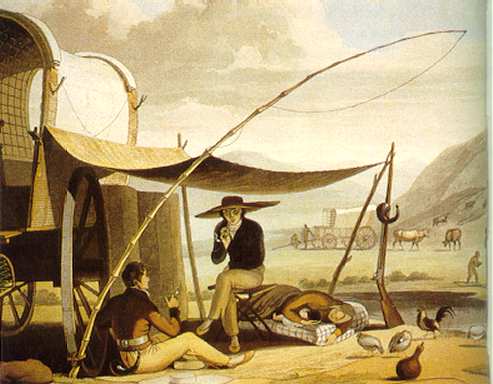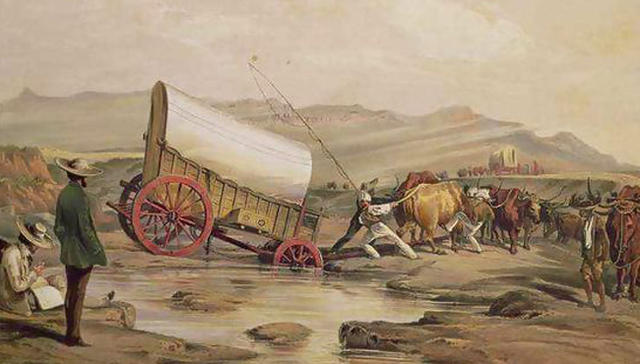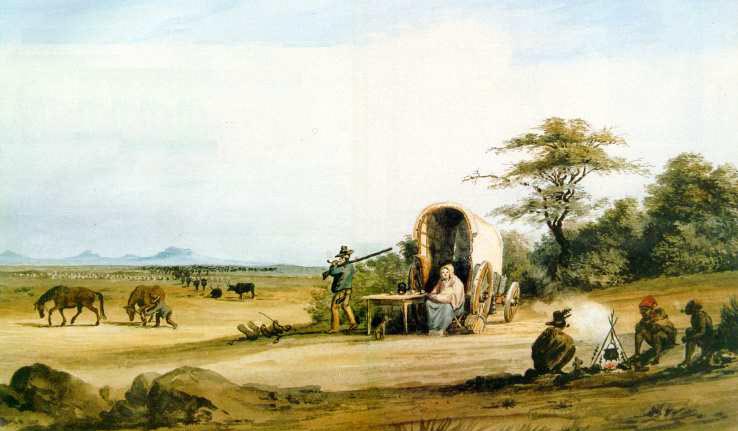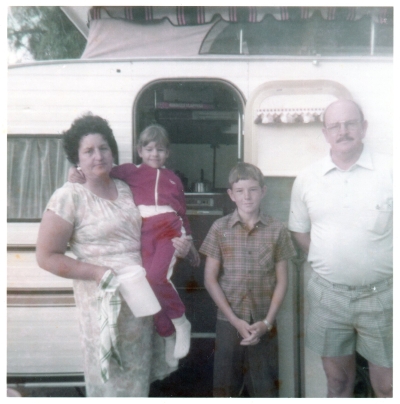FRIDAY, 7 APRIL 2017
Any sharp observer of a domestic cat’s daily existence will get the impression that the animal lives under a delusion. He clearly believes he is the master of the house, and that all the beds, the couch, the carpet in the living room and the kitchen sink are all his personal belongings. He also reckons it is perfectly acceptable for him to pierce the silence at three o’clock in the morning with a spine-chilling lament simply because he is bored and not a single one of his personal slaves has offered to drag his string across the floor for a mock hunt.
People, on the other hand, have this odd belief that it is good to have an honest view of reality. We believe we must acknowledge our shortcomings. We believe we must recognise if we think something is not reasonable or possible. Since that is our view, we act accordingly. We don’t risk doing certain things. We know our place. We don’t like to talk out of turn.
If domestic cats were more similar to many people, they would be in deep trouble. They would have to recognise the fact that they are extremely vulnerable animals between a quarter and one-twenty-fifth the size of most animals around them – namely humans and other animals like dogs. This more honest view of their reality would lead to cats having significantly diminished egos, sitting quietly in a corner lest someone scold them, and waiting patiently until someone is so gracious to put food out for them.
Cats definitely do not see reality as it really is – they see it as it suits them, and they act accordingly.
If anyone ever tries to make them aware of their delusion, the cat will first yawn with bored contempt, and if he thinks you still don’t get the point he will proceed to rip your new bedding to shreds. You can just imagine how the idea takes shape in the cat’s head: “Honest view of reality? Are you insane? What do you think I am – human?”
The scientist Donald Hoffman said evolution does not favour people with a good understanding of objective reality, but rather those who perceive reality in a way that enables them to survive in a most efficient way.
Clearly, this works very well for at least our cats.
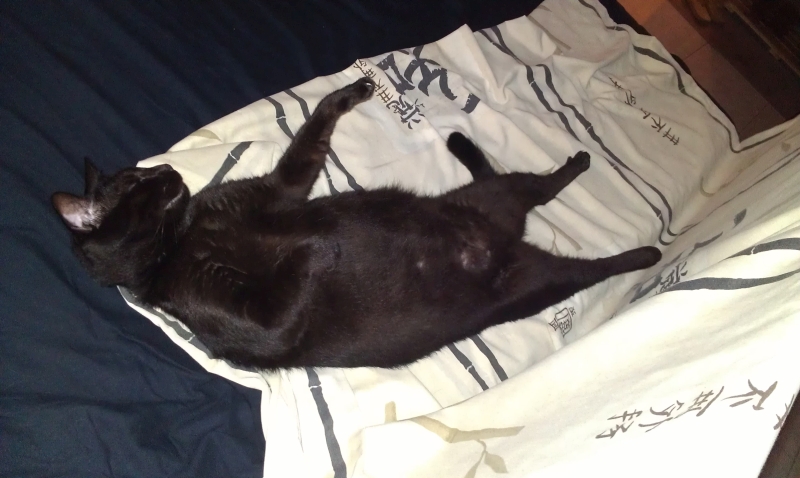
______________________

